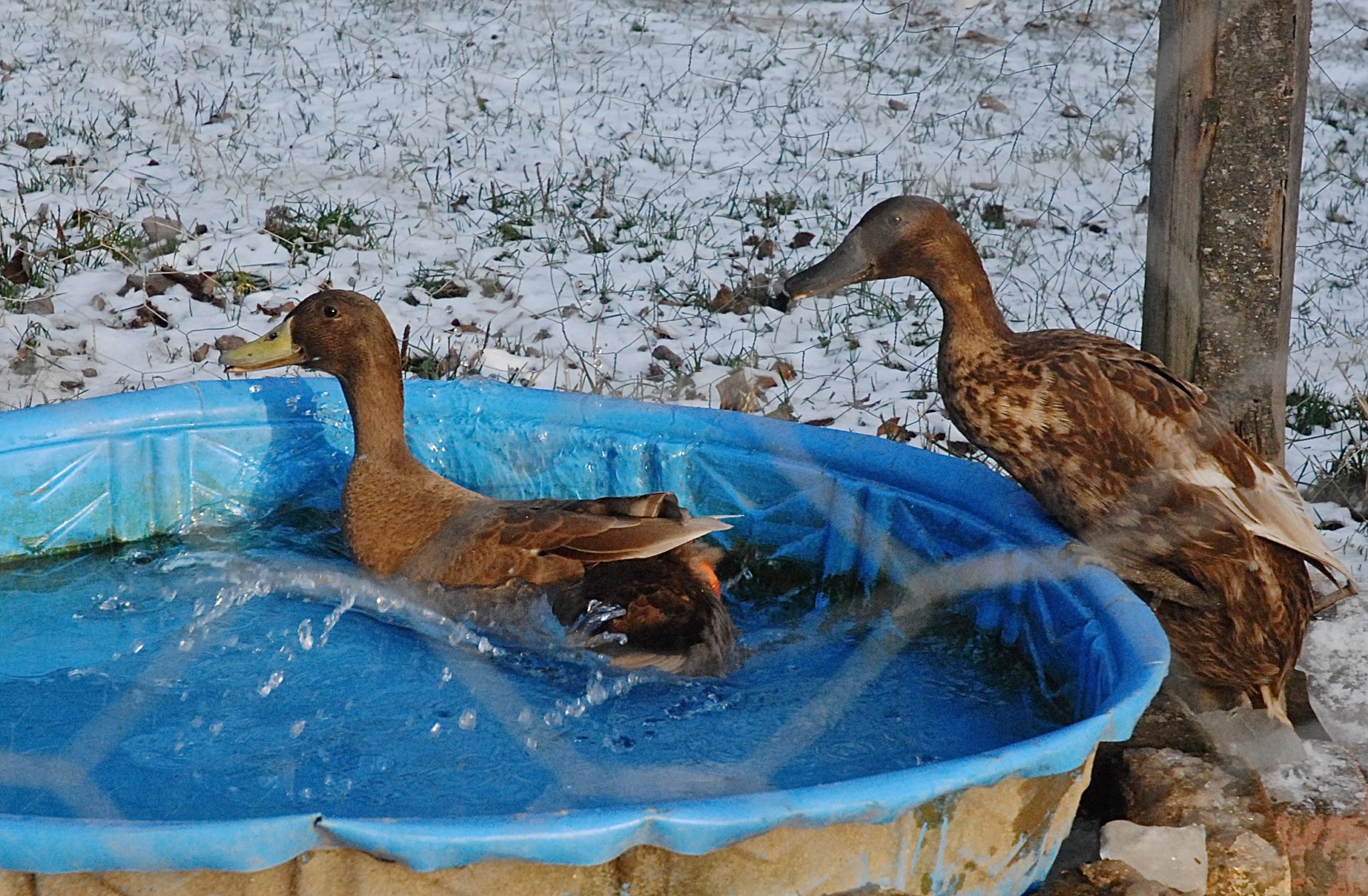How to pick ducks for your homestead
Ducks are a quirky, quacky and handy addition to any homestead for meat, eggs or companionship. Here’s how to pick ducks for your homestead.

According to John Metzer, owner of Metzer Farms in Gonzales, California, domestic ducks can be essentially broken down by two key characteristics: nervous or calm. The characteristically nervous breeds include Runner, Khaki Campbell, and White Crested ducks. Each of these ducks has its advantages — Runners are exemplary foragers, Khaki Campbells are highly productive egg layers and White Crested ducks have a charming tuft of feathers atop their heads — but for
“There are some [ducks] that are more nervous than others, and you may want to shy away from those,” he explains. “Other than that it’s sort of appearance and characteristics that you like.”
Luckily, most other domestic duck breeds can be classified as calm: Mallards, Rouens
What ducks are best for meat?
Among the quieter breeds, Pekin ducks are the most common domestic duck, and the best duck to raise for meat. Because they are bigger — about four times the size of a mallard — they will eat more food and produce a little more manure than other domestic ducks. Still, they are sweet ducks, with an added celebrity factor: “It’s the Aflac duck,” Metzer laughs.
What are the best laying ducks?
When it comes to eggs, some ducks are more productive than others (Metzer raises special hybrid breeds like the Golden 300 and the White Layer for exactly this purpose), and bigger ducks like the Pekin will lay larger eggs. In general, though, all eggs will be similarly flavored. “The cayuga duck lays eggs that are grey or a very dark black and some people like that characteristic,” Metzer says, “but they all taste about the same.”
Can ducks be kept with chickens?
Good news for homesteaders who already have other feathered fowl: ducks can live in harmony with chickens — even in the same coop. “Ducks and chickens can live together in the same coop, and it’s usually no problem,” Metzer says. “At night, chickens roost up, and ducks stay on the ground.”
Once you’ve chosen your duck breeds, you’ll want to next learn how to keep ducks.
No matter the breed, ducks bring many benefits to homestead living. Besides being goofy and entertaining, ducks eat garden pests, lay tasty eggs, and are resilient against cold weather and disease. The decision ultimately comes down to which feathered fowl tickles your fancy.
